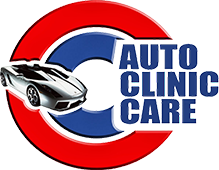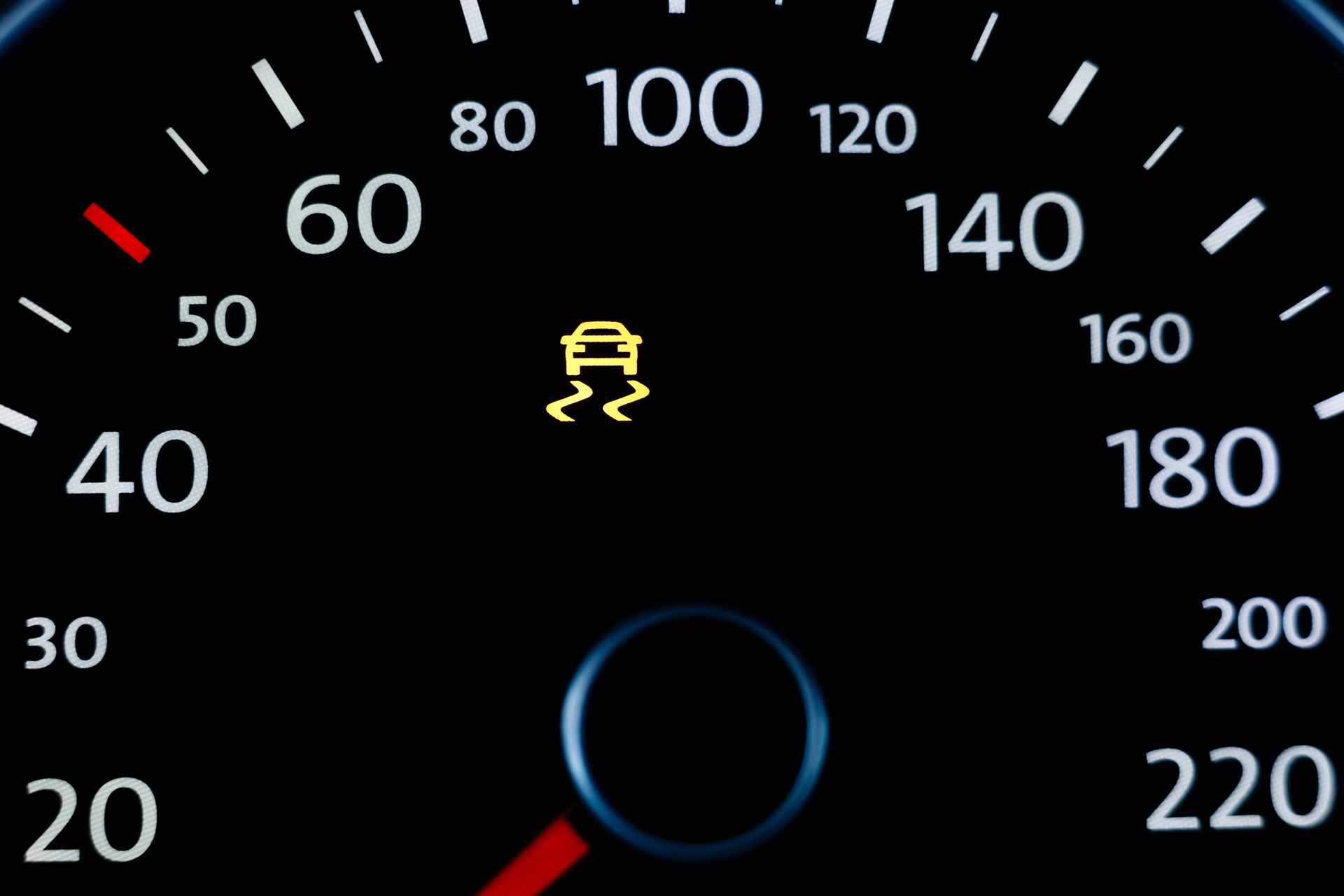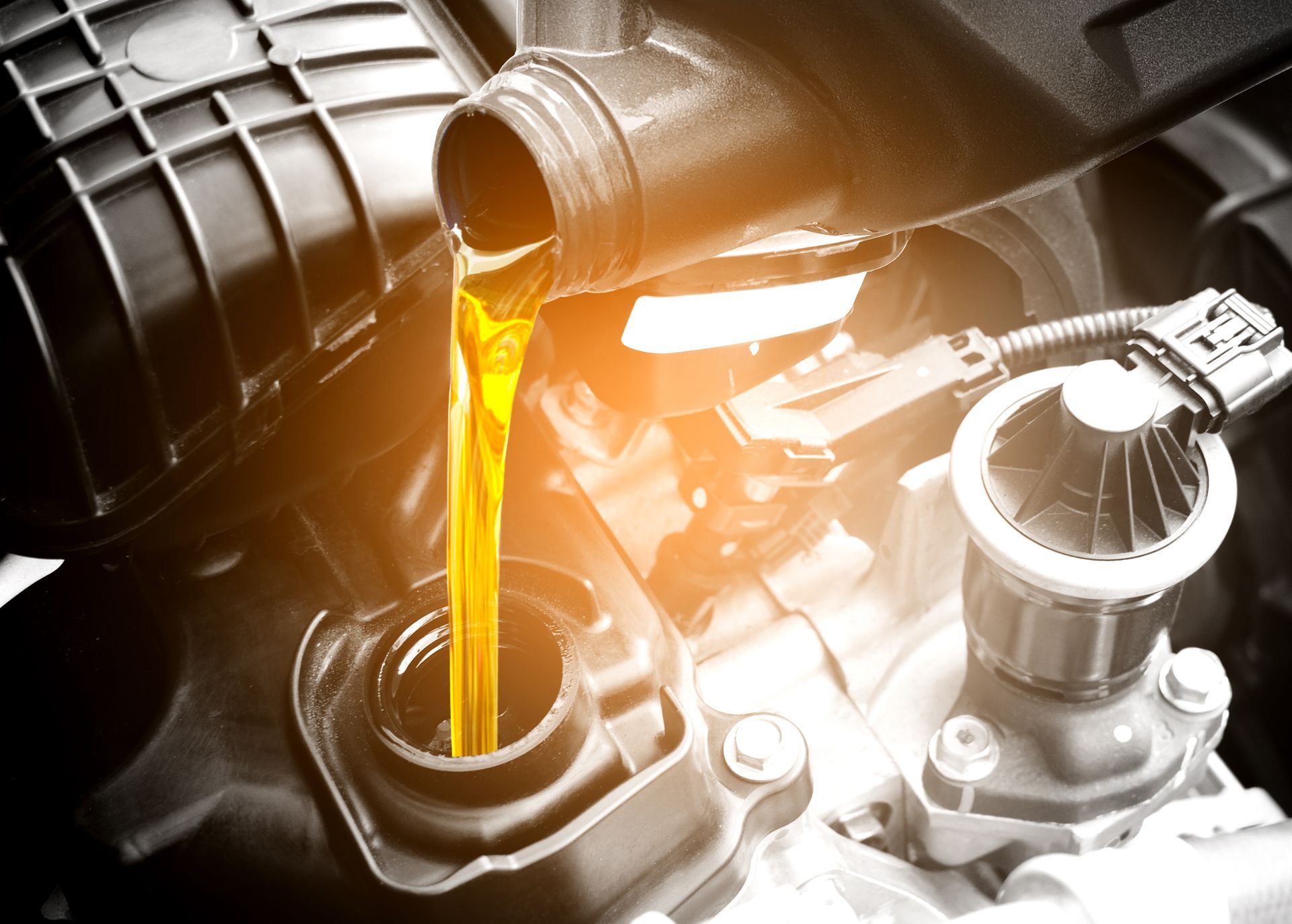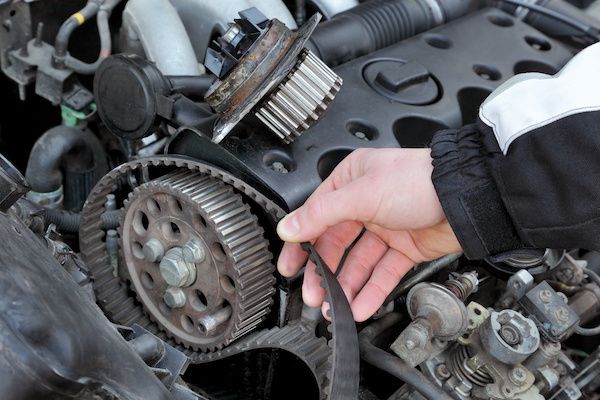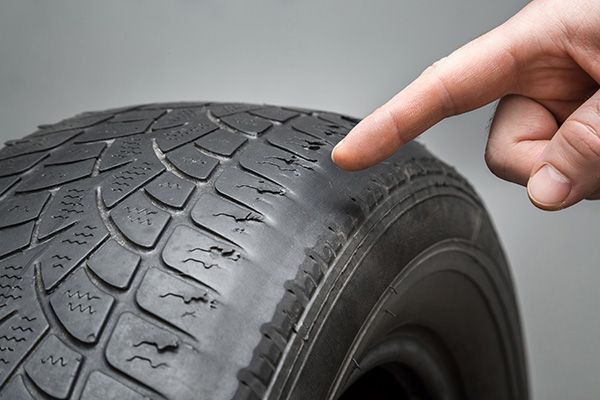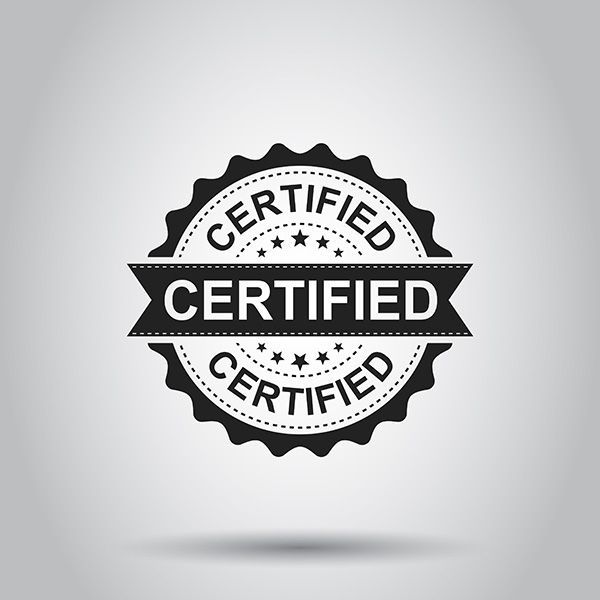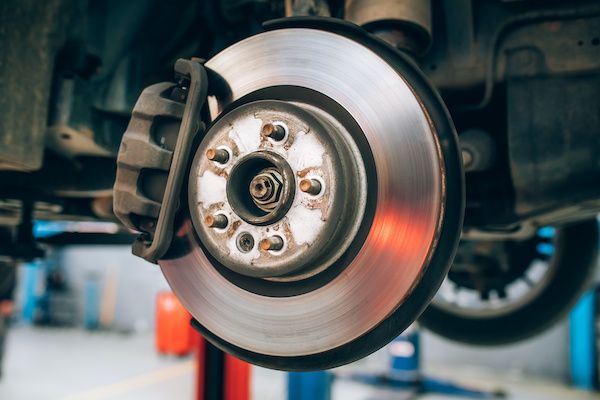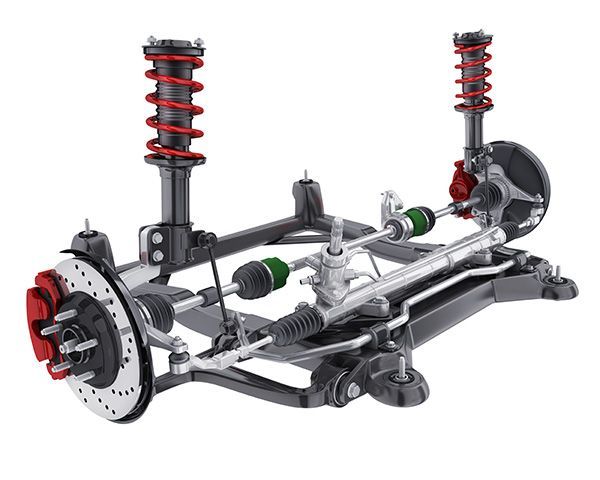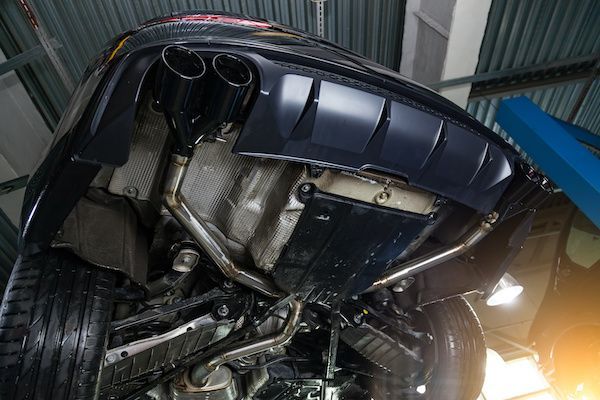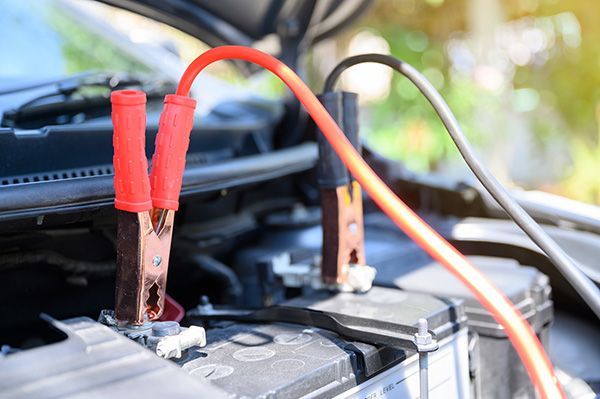There are several ways cold weather can damage your car. When winter gives no sign of letting up any time soon, there are a few things you need to know. The cold weather can contribute to the condition of your rotors and brake pads to the point where you might need brake repair. The last thing you want is to be out on an icy road and have your brakes fail. Don’t get left out in the cold! Read more to find out what you should watch for and how to prevent problems. How Brakes Work There is a particular science to how the brakes on your car work. When you press on the pedal, hydraulic pressure squeezes the brake pads against the rotor. This slows down your vehicle and eventually stops it. Most modern braking systems are completely sealed hydraulics. You press the pedal and it activates a plunger, which applies pressure to the brake fluid equally in all directions. In return, the fluid applies pressure to the piston in the calipers, which presses against the brake pad, forcing it against the rotor. It may sound simple, but there is a lot that happens when you hit the brakes and a number of things can go wrong in the system, eliciting the need for brake repair. Temperature Let’s focus on the brakes overheating. Energy doesn’t just dissipate. It is transferred to another medium. When you apply the brakes, the energy from your car’s momentum is converted to heat through friction. The heat is then dissipated into the air through the vents in the rotor. You would think colder weather would make brakes work more efficiently, as heat dissipates more quickly. But this isn’t true. Closer Look at Your Brakes Brake pads maintain slight contact with the rotors at all times. This causes a pre-heating condition even before you press the brake pedal. As a result, when you use the brakes, more heat is generated very quickly due to the increased friction. You might think on colder days your brakes are less likely to overheat. Truth be told, the brakes actually get hotter. On cold, rainy, or snowy days, the moisture and water acts as a lubricant. So you must apply more pressure to the brakes to get your car to stop. Thus, the temperature of the rotors and brake pads would actually be 20 to 30 percent higher. Three Other Ways Winter Can Impact Brakes Here are other things to consider during the cold months: Congealing Fluids Fortunately, brake fluid is designed to withstand the cold and technically it cannot freeze. However, when temps drop low enough, it can reach a point where it “gels” and gets too thick to properly transfer force. Most brake fluid has additives that push the working point to -30F to -45F, not temperatures you are likely to encounter in Gaithersburg, MD. Fluid Leaks If you have water in your brake lines, it can freeze and expand, causing fluid leaks. Leaks in the brake system are hazardous and you should seek inspection and brake repair right away. Salt Buildup Cold, snow, and ice aren’t the only problems. Crews often use salt to help keep roads drivable. It can stick to your car and if left too long can corrode metal parts—like your brakes. You want to regularly wash your car in the winter to prevent salt build up. Call Auto Clinic Care Today To prepare your car for winter you should consider an inspection and brake repair in Rockville, MD if necessary. Call us at 301-881-7891 or stop by 5531 Nicholson Ln, Ste. A, Rockville, MD 20852.
WE ARE HIRING! We are looking for an ASE certified mechanic to join our team!
Click here to learn more & apply today!
give us a call
Loading ...
Missing business hours data / Error occurred while getting the data.
WE ARE HIRING! We are looking for an ASE certified mechanic to join our team!
Click here to learn more & apply today!
give us a call
Loading ...
Missing business hours data / Error occurred while getting the data.
Loading ...
Missing business hours data / Error occurred while getting the data.
Loading ...
Missing nap lines data / Error occured while getting the data.
